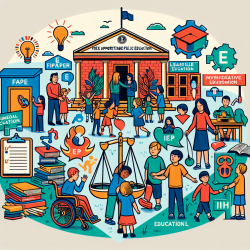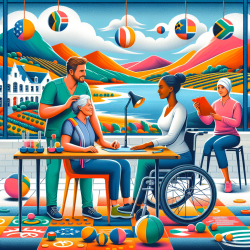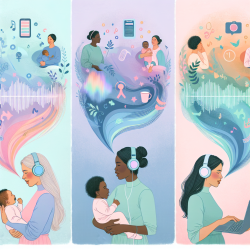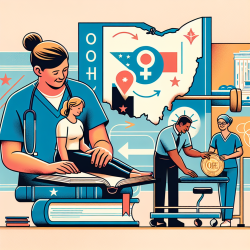Introduction
In the realm of speech-language pathology and related fields, understanding the social dynamics and challenges faced by individuals post-medical intervention is crucial. The research titled “I became a person again”: Social inclusion and participation experiences of Ethiopian women post-obstetric fistula surgical repair offers valuable insights into the social inclusion journey of Ethiopian women after obstetric fistula surgery. This blog aims to guide practitioners in leveraging these findings to enhance their professional skills and advocate for comprehensive care that addresses both medical and social needs.
Understanding the Research Context
Obstetric fistula, a preventable condition resulting from prolonged and obstructed labor, poses significant physical, psychological, and social challenges. The study conducted in Ethiopia provides a qualitative exploration of the experiences of 21 women who underwent fistula surgery. The findings reveal four primary themes that highlight the journey toward social participation and inclusion: recovery experiences, meaningful activities, challenges in romantic relationships, and the role of formal and informal support systems.
Key Findings and Implications for Practitioners
- The Experience of Recovery: Women expressed living with fear, yet many showed resilience and hope. Practitioners should focus on building psychological resilience and providing ongoing support to address fears of recurrence.
- Participating in Meaningful Activities: Reconnecting with family and community post-surgery was crucial for emotional well-being. Encouraging social engagement and facilitating community-based activities can enhance social inclusion.
- Challenges in Romantic Relationships: Many women faced marital issues post-surgery. Practitioners should advocate for counseling services that address sexual health and relationship dynamics to support marital stability.
- Formal and Informal Supports: Positive family and community support were pivotal. Developing community-based rehabilitation programs can provide sustainable support and enhance social participation.
Encouraging Further Research and Advocacy
While the study highlights significant social challenges, it also underscores the transformative power of comprehensive care. Practitioners are encouraged to advocate for holistic approaches that integrate medical, psychological, and social support. Further research is needed to explore community-based rehabilitation's effectiveness and develop practical solutions for economic empowerment post-surgery.
Conclusion
Practitioners play a vital role in shaping the post-surgical experiences of women with obstetric fistula. By understanding and implementing the research findings, they can contribute to improved social inclusion and participation outcomes. The journey toward comprehensive care is ongoing, and collaboration among healthcare providers, community organizations, and policymakers is essential.
To read the original research paper, please follow this link: “I became a person again”: Social inclusion and participation experiences of Ethiopian women post-obstetric fistula surgical repair.










